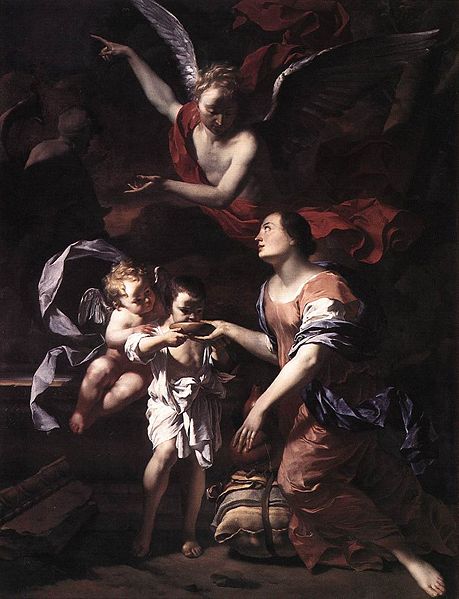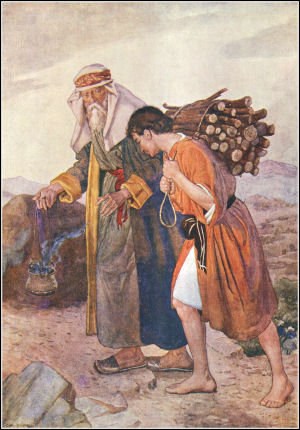Ur was an ancient city in southern Mesopotamia, located near the mouth (at the time) of the Euphrates and Tigris rivers on the Persian Gulf and close to Eridu.
It is considered to be one of the earliest known civilizations in world history.
Because of marine regression, the remains are now well inland in present-day Iraq, south of the Euphrates on its right bank, and named Tell el-Mukayyar [1], near the city of Nasiriyah south of Baghdad
The site is marked by the ruins of a ziggurat (right), still largely intact, and by a settlement mound. The ziggurat is a temple of Nanna, the moon deity in Sumerian mythology, and has two stages constructed from brick: in the lower stage the bricks are joined together with bitumen, in the upper stage they are joined with mortar. The Sumerian name for this city was Urim.
It is considered to be one of the earliest known civilizations in world history.
Because of marine regression, the remains are now well inland in present-day Iraq, south of the Euphrates on its right bank, and named Tell el-Mukayyar [1], near the city of Nasiriyah south of Baghdad
The site is marked by the ruins of a ziggurat (right), still largely intact, and by a settlement mound. The ziggurat is a temple of Nanna, the moon deity in Sumerian mythology, and has two stages constructed from brick: in the lower stage the bricks are joined together with bitumen, in the upper stage they are joined with mortar. The Sumerian name for this city was Urim.
Source: Wikipedia
The life and times of Abraham (c) P Eleazar, http://www.4u2live.net/
 bethe
bethe






